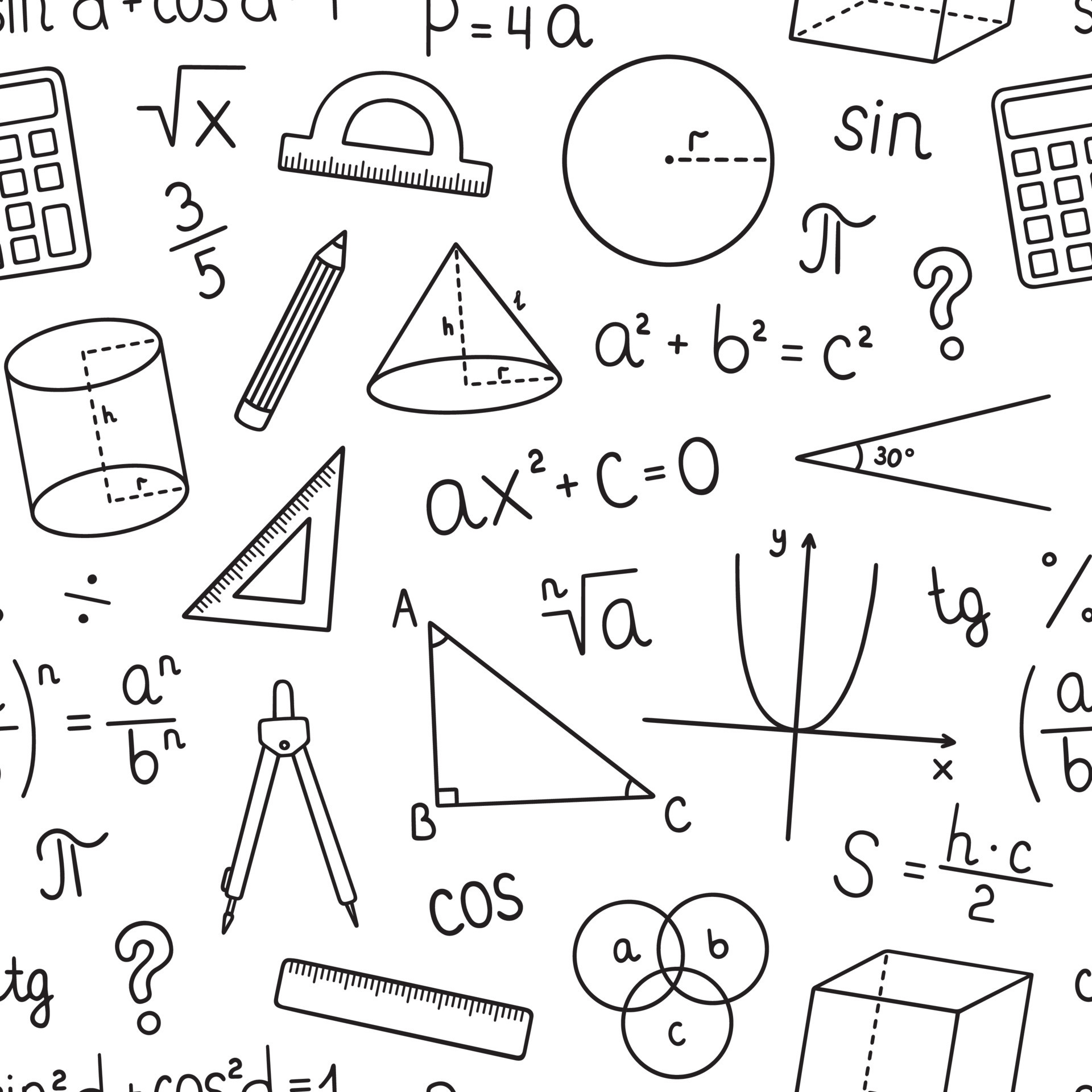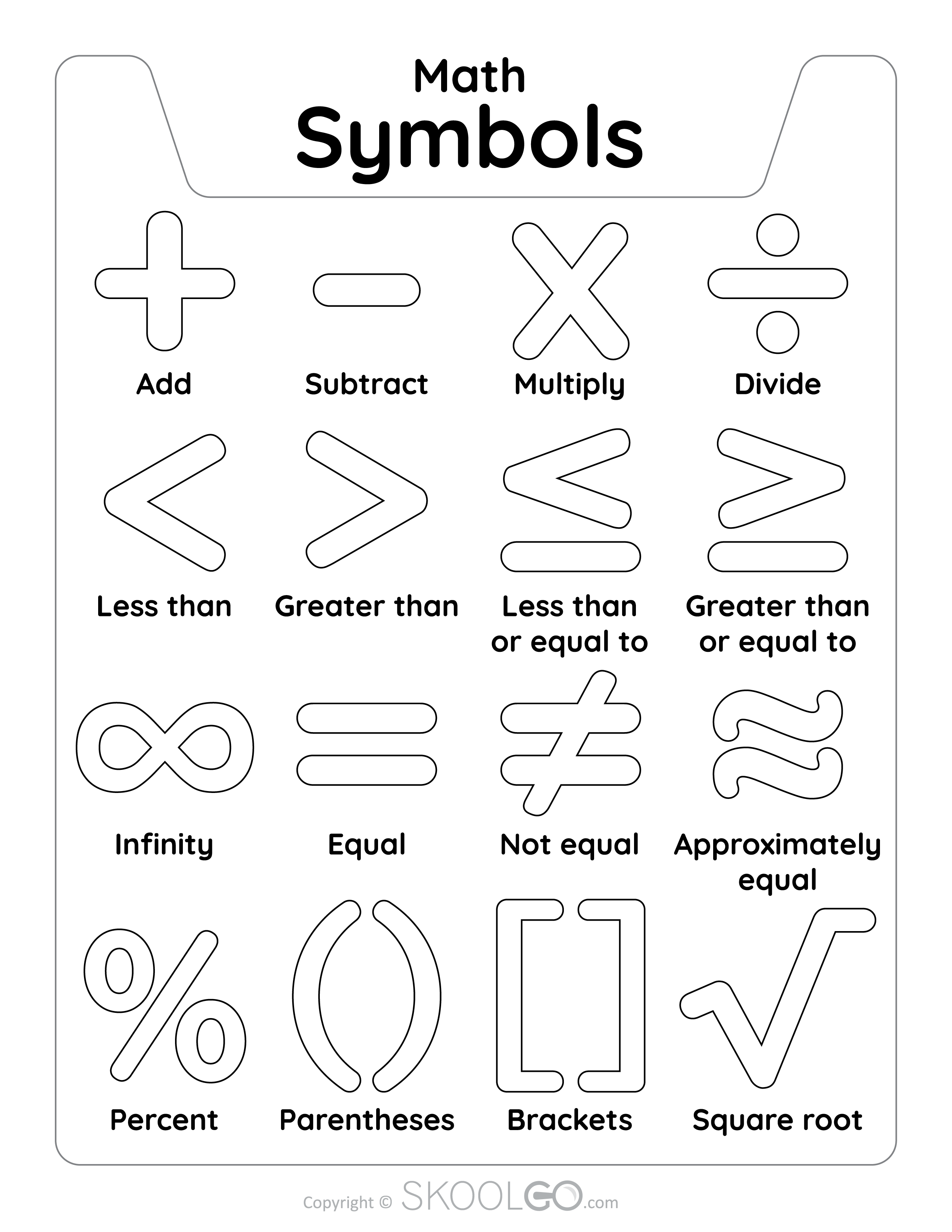A Math: Your Ultimate Guide To Understanding And Mastering Mathematics
Hey there, math enthusiasts! Are you ready to dive into the fascinating world of a math? Whether you're a student, a parent, or someone who simply wants to improve their mathematical skills, this article is your go-to resource. A math isn't just about numbers and equations; it's a powerful tool that shapes our daily lives in ways you might not even realize. So, buckle up and let's explore the ins and outs of this incredible subject!
Let's be real, math can be intimidating at times. You know, like when you're staring at a complex equation and your brain just goes, "Umm, what?" But don't worry, because a math is all about breaking down those big, scary problems into smaller, more manageable pieces. And that's exactly what we're going to do here. We'll take you on a journey through the basics, the applications, and even some fun tricks to make math your new best friend.
Now, before we get into the nitty-gritty, let's talk about why a math is so important. It's not just about passing exams or getting good grades. Math is everywhere! From calculating your monthly budget to understanding the stats in your favorite sports, math is a skill that empowers you to make informed decisions. So, let's get started and uncover the magic of a math together!
- Wwwfilmywapin Your Ultimate Destination For Latest Movies And Entertainment
- Pr Movie Site Your Ultimate Guide To Elevating Your Film Promotion Game
What Exactly is A Math?
A math, short for Additional Mathematics, is a branch of mathematics that builds on the foundational concepts learned in basic math. It introduces students to more advanced topics such as calculus, trigonometry, and algebra. Think of it as the next level of math, where you start to explore the deeper layers of mathematical thinking. It's like leveling up in a video game, except instead of gaining powers, you're gaining knowledge!
For many students, a math is a stepping stone to higher education and future careers. It's not just about solving equations; it's about developing critical thinking skills, problem-solving abilities, and a logical mindset. These skills are invaluable in almost every field, from engineering to economics, and even the arts. So, whether you're planning to become a scientist or a graphic designer, a math can help you achieve your goals.
The Importance of A Math in Everyday Life
You might be wondering, "Do I really need a math in my everyday life?" The answer is a resounding yes! Math isn't just something you learn in school and forget after the exam. It's a tool that helps you navigate the world around you. For example, when you're shopping and trying to figure out which product is the best deal, you're using math. When you're planning a road trip and calculating the distance and fuel consumption, you're using math. Even when you're cooking and adjusting the recipe for more servings, you're using math!
- New Movie Download Filmy4wap Your Ultimate Guide To Legal Streaming And Downloads
- Filmy4wapxyz Movie Your Ultimate Guide To Streaming Movies
Applications of A Math in Real Life
Here are some practical ways a math can be applied in your daily life:
- Managing personal finances, such as budgeting and investing.
- Understanding statistics in news reports and making informed decisions.
- Calculating distances and time for travel planning.
- Designing and building structures, from furniture to skyscrapers.
- Creating and analyzing data for business and marketing strategies.
These applications show just how versatile and essential a math is in our everyday lives. It's not just about numbers; it's about understanding the world and making it work for you.
Key Concepts in A Math
Now that we've established why a math is important, let's take a closer look at some of the key concepts you'll encounter. These are the building blocks of a math and understanding them will help you tackle more complex problems.
1. Algebra
Algebra is all about finding the unknown. It's like a puzzle where you have to figure out what the missing piece is. You'll work with variables, equations, and functions to solve problems. Algebra is not only a fundamental part of a math but also a crucial skill for many real-world applications, such as engineering and computer science.
2. Trigonometry
Trigonometry deals with the relationships between angles and sides of triangles. It might sound complicated, but it's actually quite fascinating once you get the hang of it. Trigonometry is used in fields like astronomy, navigation, and physics. Ever wondered how we know the distance to the stars? Trigonometry has the answer!
3. Calculus
Calculus is the study of change. It helps us understand how things grow, shrink, and move. Whether you're analyzing the motion of a car or the growth of a population, calculus provides the tools to do so. It's a powerful branch of mathematics that opens up a world of possibilities in science and engineering.
Common Challenges in Learning A Math
Let's face it, learning a math can be challenging. But don't let that discourage you! Every challenge is an opportunity to grow and improve. Here are some common challenges students face and how to overcome them:
- Understanding Complex Concepts: Break them down into smaller parts and practice regularly.
- Memorizing Formulas: Instead of memorizing, try to understand the logic behind each formula.
- Time Management: Allocate specific times for studying math and stick to a schedule.
- Overcoming Math Anxiety: Practice regularly and seek help when needed. Remember, it's okay to ask for assistance!
By addressing these challenges head-on, you'll be well on your way to mastering a math.
Strategies to Improve Your A Math Skills
Improving your a math skills doesn't have to be a daunting task. With the right strategies, you can make significant progress in no time. Here are some tips to help you along the way:
1. Practice Regularly
The more you practice, the better you get. Set aside time each day to work on math problems. Start with the basics and gradually move on to more complex topics. Consistency is key!
2. Seek Help When Needed
Don't be afraid to ask for help. Whether it's from your teacher, a tutor, or a friend, getting clarification on difficult topics can make a big difference. There are also plenty of online resources and forums where you can find answers to your questions.
3. Use Real-Life Examples
Applying math to real-life situations can make it more relatable and easier to understand. Try to find examples in your daily life where math is used and see how it applies to the concepts you're learning.
Resources for Learning A Math
There are numerous resources available to help you learn and master a math. Here are a few that you might find useful:
- Online Tutorials: Websites like Khan Academy and Coursera offer free courses and tutorials on a wide range of math topics.
- Math Apps: Apps like Photomath and Mathway can help you solve problems and understand the steps involved.
- Books and Textbooks: There are many excellent books on a math that provide in-depth explanations and practice problems.
- YouTube Channels: Channels like 3Blue1Brown and Numberphile offer engaging and informative videos on math concepts.
With these resources at your fingertips, you'll have all the tools you need to succeed in a math.
Fun Facts About A Math
Did you know that math has some pretty cool and unexpected facts? Here are a few to brighten your day:
- The number zero was invented in India around the 5th century.
- Pi (π) has been calculated to over 31 trillion digits!
- The Fibonacci sequence appears in nature, such as in the arrangement of leaves on a stem.
- Math is the only language shared by all humans, regardless of culture, religion, or gender.
These fun facts show that math is not just about numbers; it's a universal language that connects us all.
Future Opportunities with A Math
Mastering a math can open up a world of opportunities for your future. Whether you're interested in science, technology, engineering, or even the arts, a strong foundation in math can set you on the path to success. Here are some careers where a math plays a crucial role:
- Engineer: From designing bridges to developing software, engineers rely heavily on math.
- Data Scientist: Analyzing and interpreting data to drive business decisions.
- Actuary: Assessing risk in insurance and finance industries.
- Research Scientist: Conducting experiments and developing new technologies.
With a math, the possibilities are endless!
Conclusion
And there you have it, folks! A comprehensive guide to understanding and mastering a math. We've covered everything from the basics to the applications, challenges, and strategies to improve your skills. Remember, a math isn't just about numbers; it's about developing a mindset that empowers you to tackle any problem that comes your way.
So, what are you waiting for? Dive into the world of a math and unlock your potential. Don't forget to share this article with your friends and leave a comment below if you have any questions or tips of your own. Together, let's make math fun and accessible for everyone!
Table of Contents
- What Exactly is A Math?
- The Importance of A Math in Everyday Life
- Key Concepts in A Math
- Common Challenges in Learning A Math
- Strategies to Improve Your A Math Skills
- Resources for Learning A Math
- Fun Facts About A Math
- Future Opportunities with A Math
- Conclusion
- Why Vegamovieslat Is A Gamechanger For Movie Enthusiasts In 2023
- Unveiling The World Of Filmyfly Hot Movies Your Ultimate Guide

Math Symbols Flashcards Memorang

Cool Math Vexmovoto Maine

Math Symbols Free Classroom Poster SKOOLGO